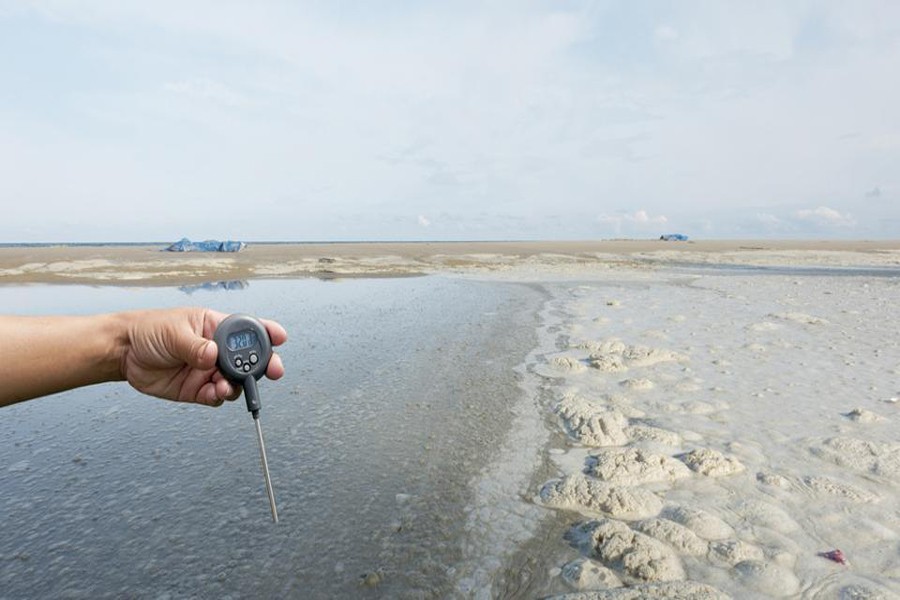Exposure to environmental toxins may be depressing the function of our circadian clock, the disruption of which is linked to increased rates of cancer, diabetes, obesity, heart disease, and depression.
A recent study has revealed that environmental toxins may be disrupting the circadian rhythms.
“This research shows that exposure to environmental toxins may be depressing the function of our circadian clock, the disruption of which is linked to increased rates of cancer, diabetes, obesity, heart disease, and depression,” said senior author Jennifer Hurley from Rensselaer Polytechnic Institute, reports Hindustan Times citing ANI.
The research builds on recent findings from the Jefferson Project at Lake George, showing that a common species of zooplankton, Daphnia pulex, can evolve tolerance to moderate levels of road salt in as little as two and a half months.
That research produced five populations of Daphnia adapted to salt concentrations ranging from the current concentration of 15 milligrams per litre of chloride in Lake George, to concentrations of 1,000 milligrams per litre as found in highly contaminated lakes in North America.


